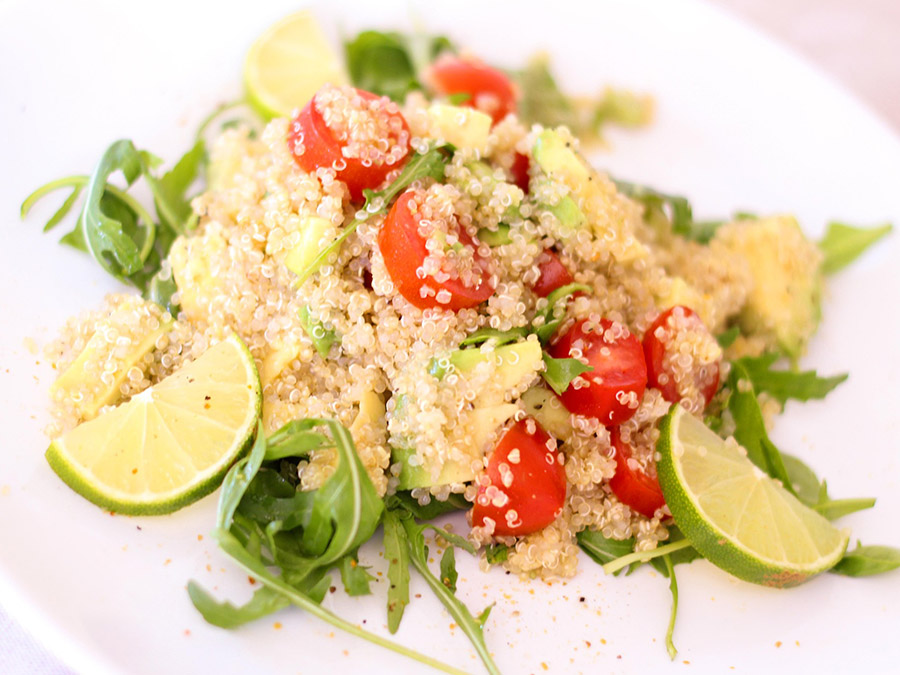Anti Inflammatory Foods and Lifestyle

Anti Inflammatory Foods and Lifestyle
-
- Cut out alcohol.
-
- Cut out Refined carbohydrates: Switch anything ‘white’ to ‘brown.’ Introduce ‘power-grains’ like quinoa (which has a full spectrum of amino acids since it is protein-rich), buckwheat, millet, brown short grain rice and amaranth (another South American grain).
-
- Cut out Refined sugars: A low GI diet needs to be adopted. Refined sugars actually create an immune system response in the body and high blood glucose levels cause inflammation.
-
- Cut out acidic forms and swap for alkalizing foods:
Acid: tea, coffee, milk, wheat, fried food, soft drinks, sugar, prescription drugs.
Alkaline foods: millet, brown rice, quinoa, pearl barley, amaranth, brown rice, cruciferous vegetables – broccoli, cauliflower, Brussels sprouts and cabbage. Lemons, cider vinegar, sea vegetables.
- Cut out acidic forms and swap for alkalizing foods:
- Support your immune system (rheumatoid arthritis): Oregano, rosemary, Echinacea (especially), thyme, olive leaf, turmeric, antioxidants – including herb/food based and also through selenium, vitamin A, C and E. Probiotics and Beta Glucans.
- Cut out wheat and cow’s milk: Gluten (from wheat) proteins are extremely resistant to intestinal digestion and cause damage to the intestinal lining by eroding the villi and micro villi (essential for the digestion and absorption process). Leaky gut can lead on from this which means toxins pass into the blood stream. This is how allergies develop and inflammation occurs. Cow’s milk once pasteurized changes from alkaline to acid.
- Seaweeds and algae’s are highly alkalizing, cleanse the blood, detoxify the whole system and work on oxygenating and repairing cells. This means they also support general immunity. They are an essential food for treating arthritis.
- Food intolerances – leave the body in a state of ‘emergency,’ stressed and inflammation occurs. If you want to heal arthritis you need to pay attention to your potential food intolerances.
- Omega 6 dominance: Because most of us tend to eat eggs, nuts, organ meats, beef and other dairy products more than fish – we have ended up with an abundance of omega 6 in our diet – which can cause an inflammatory reaction. However, omega 3 is an excellent anti-inflammatory! Eat more fish and do take a separate fish oil/fish oil capsules. If you do not want fish, flax oil is the vegetarian omega 3 option.
- Do not overcook food, fry food or heat fats: Foods at high heats or heated oils/fats incite the inflammatory response because they create advanced glycation end products (AGES) – something the body treats as an invader. AGES are produced when the protein is bound to a glucose molecule, resulting in damaged, cross-linked proteins. As the body tries to break these AGES apart, immune cells secrete large amounts of inflammatory cytokines (a category of signaling molecules that are used extensively in cellular communication). Therefore, do not eat fried food. If frying use a very tiny amount of olive oil or use coconut oil/butter, which is unchanged when fried.
- Sleep: Inflammatory cytokines are secreted at a higher rate by those who have insomnia, compared to those who do not. During sleep, the body regenerates, calming the immune system. Lack of restorative sleep is a major promoter of inflammation and rheumatoid arthritis suffers often associate pain with how much sleep they did or did not get.
- Lose Weight: Excessive weight is correlated with inflammation. Toxins also hide in excess fat meaning that the more overweight you are – the more likely you are to be acidic and toxic.
- Drink Water! Lubricating the joints and flushing away toxins is important. Alkalizing is all about staying hydrated too.
- Cut out Solanaceae (nightshade family) vegetables: potatoes, tomatoes, peppers, egg plant. Not only are this family of vegetables acidic but they also contain ‘solanine’ which is a calcium inhibitor which is especially significant for cases of osteoarthritis.
- Cut out oxalic acid rich foods as they exacerbate symptoms: tea, coffee, wine, spinach, gooseberries, rhubarb, oranges, strawberries, blackcurrants. This can be reintroduced in small amount once symptoms have reduced or disappeared.
Want to learn more? Enroll on the Herbal Remedies Course today!
Articles on this website are based upon the opinions of their respective author(s). None of the information on this website is intended as medical advice nor replaces the advice of a qualified health care professional.
